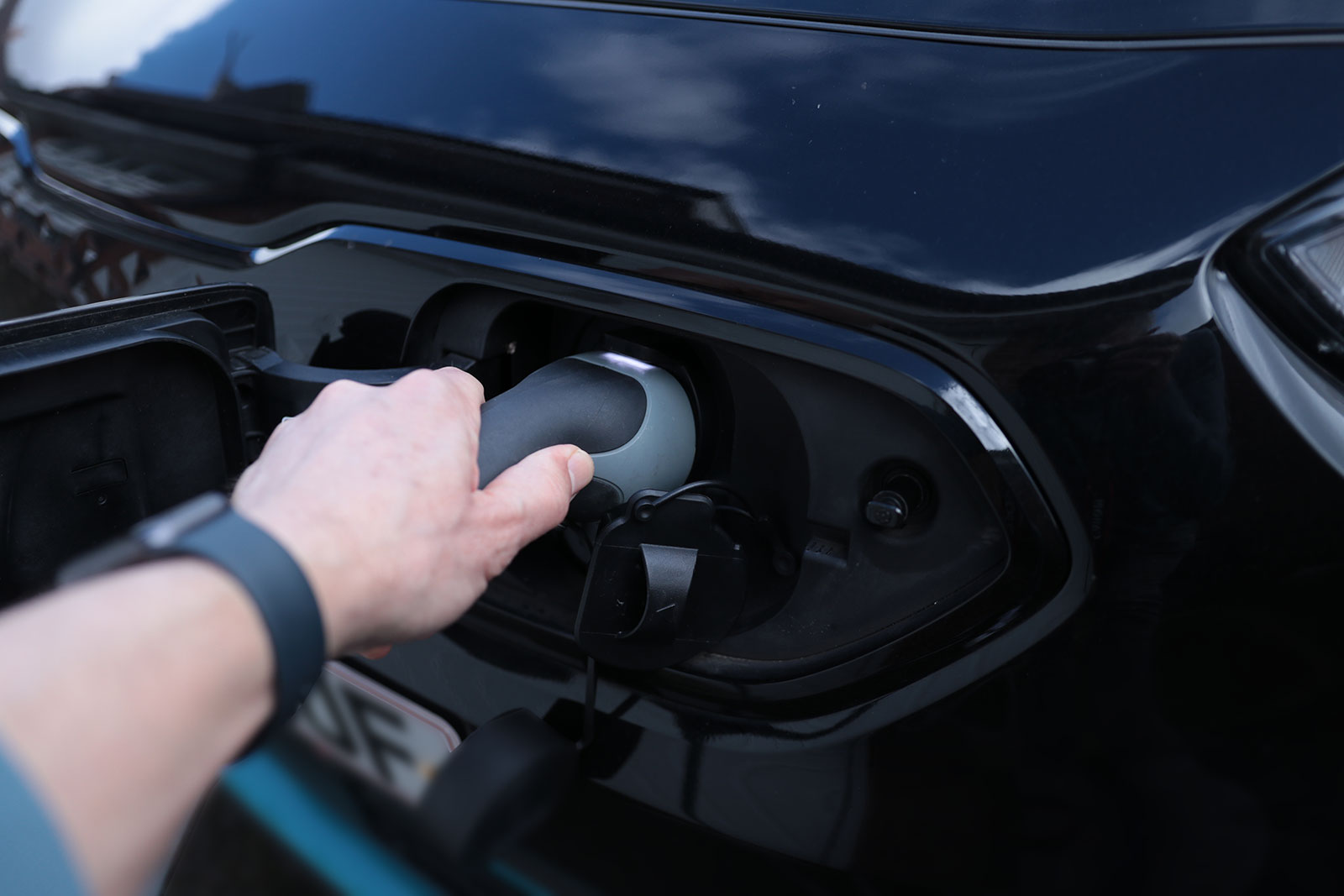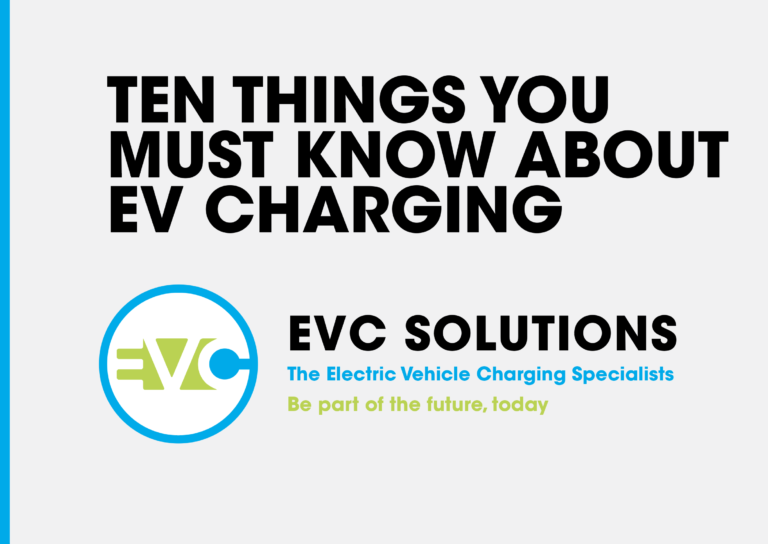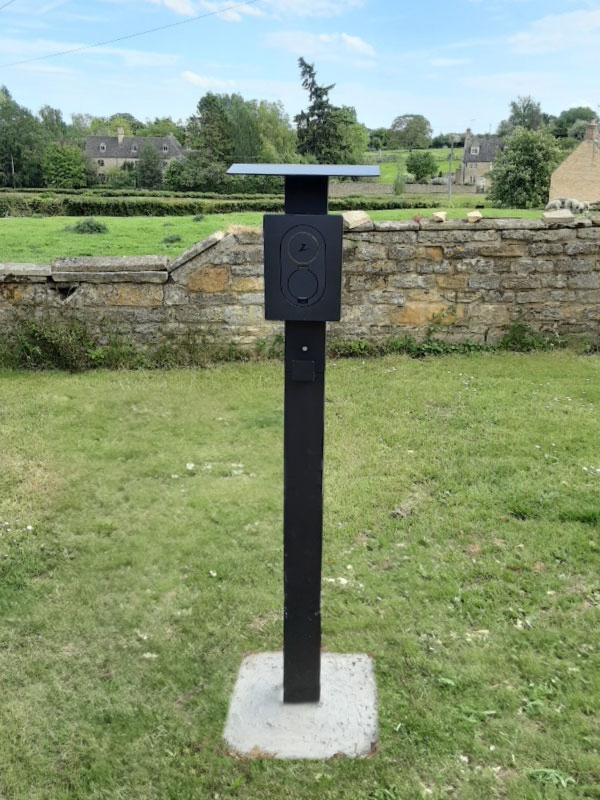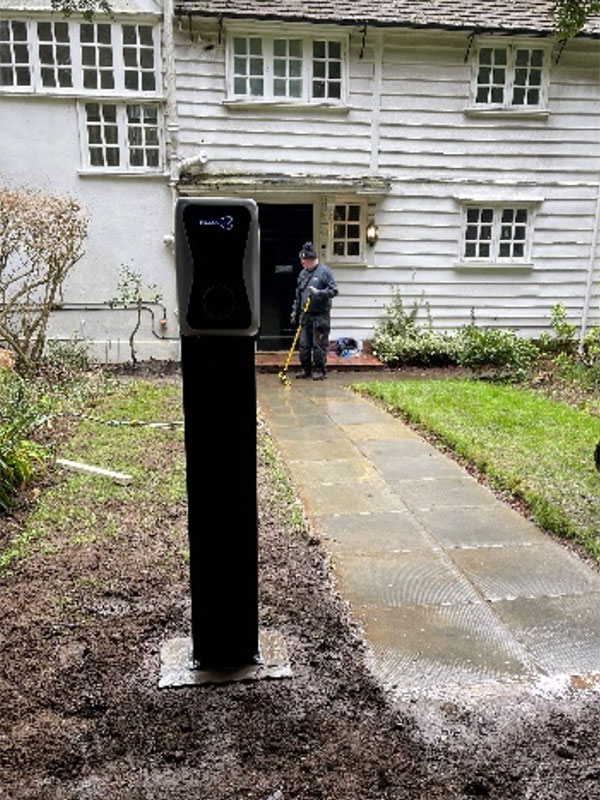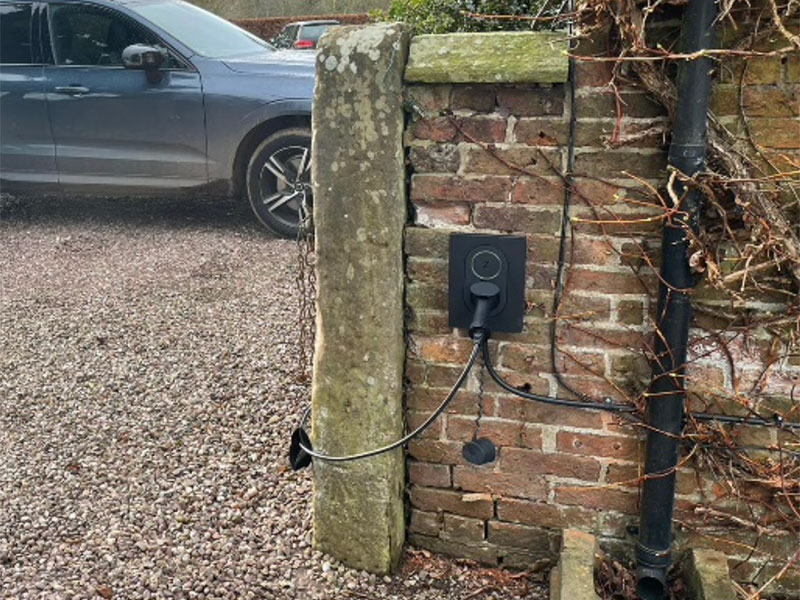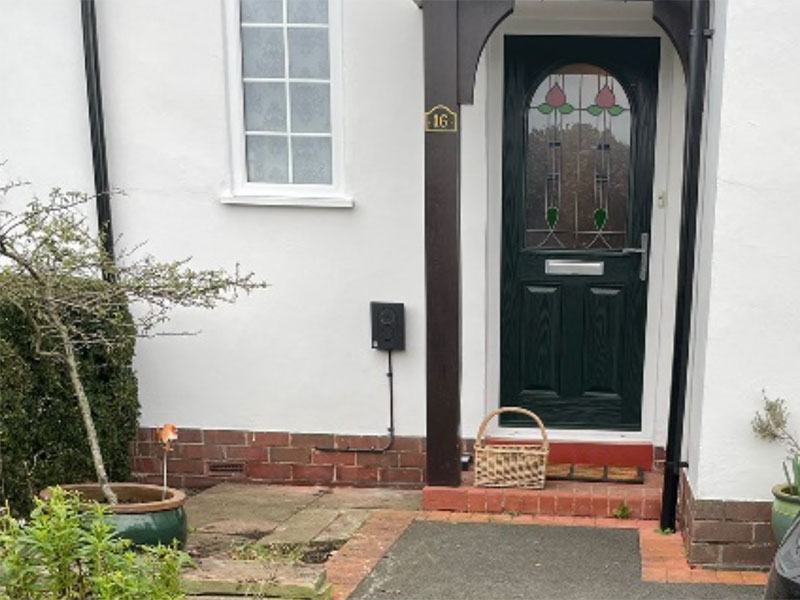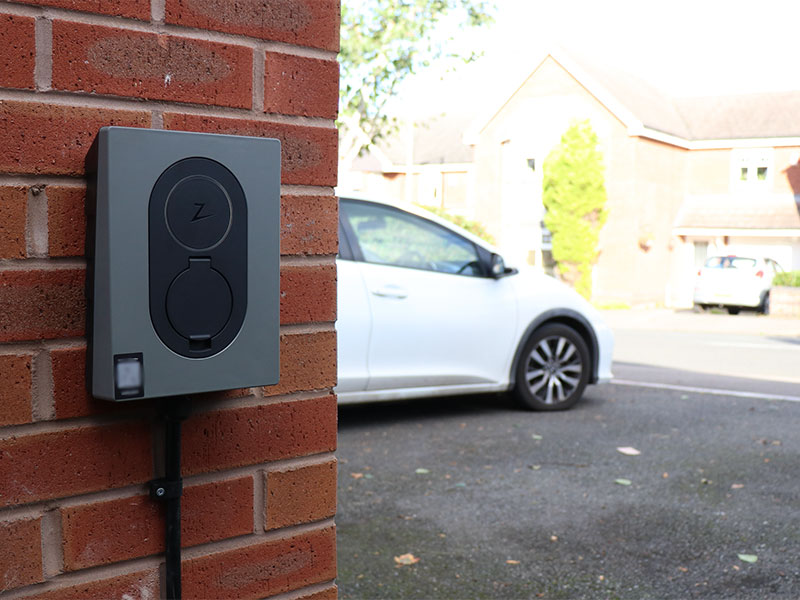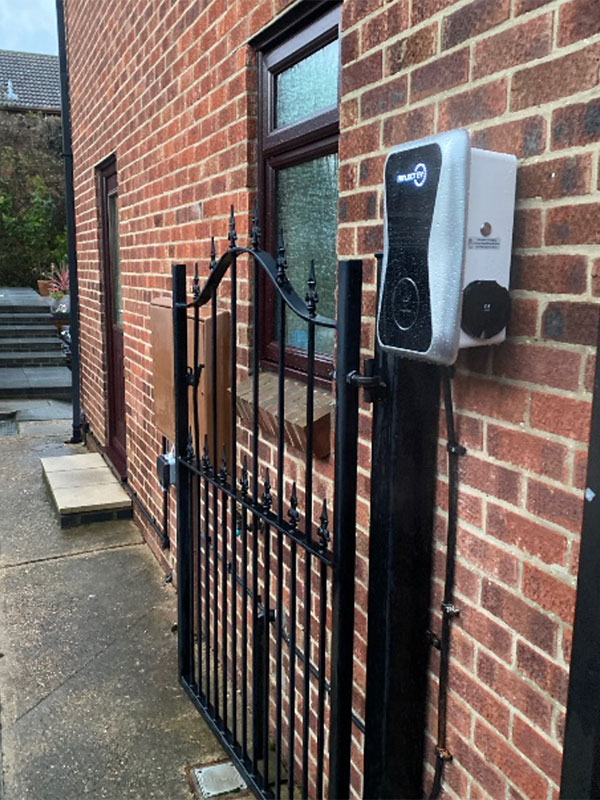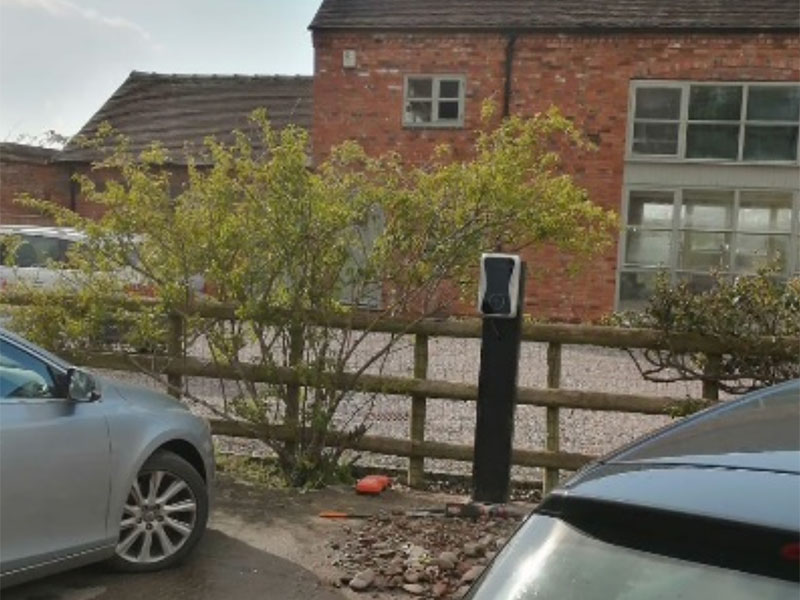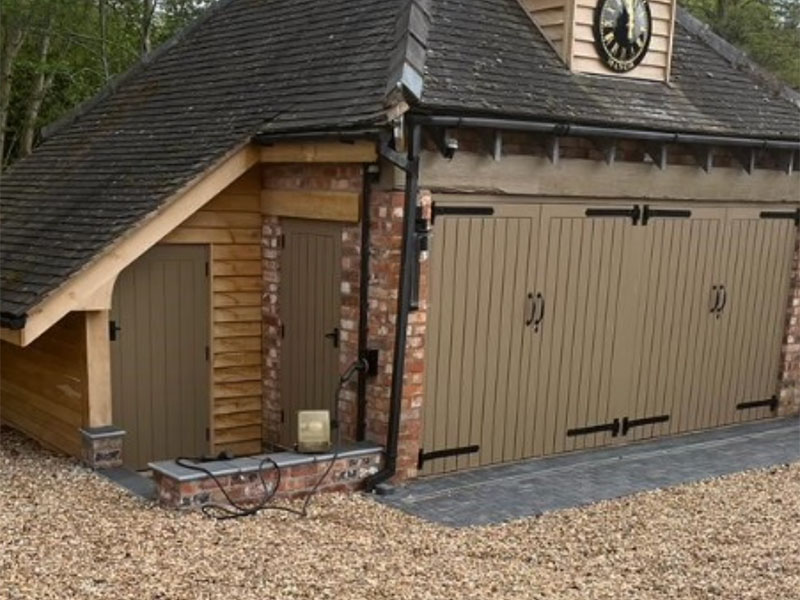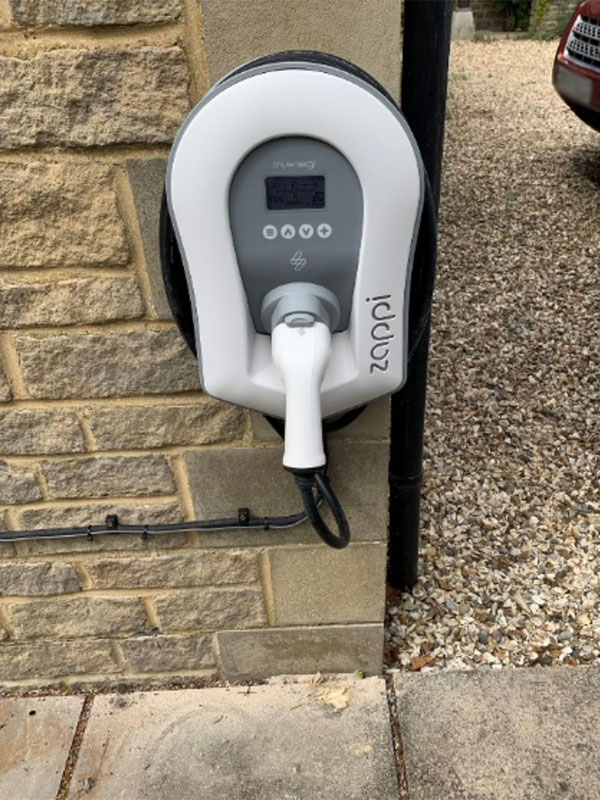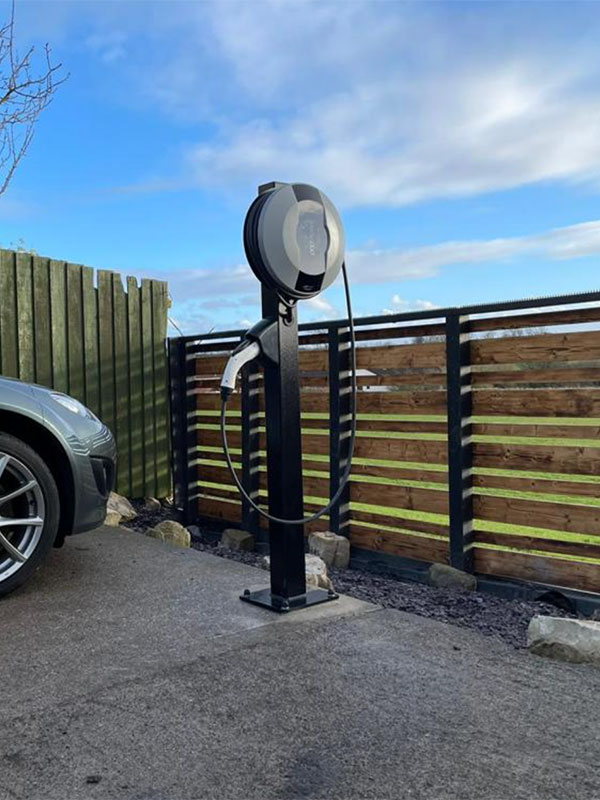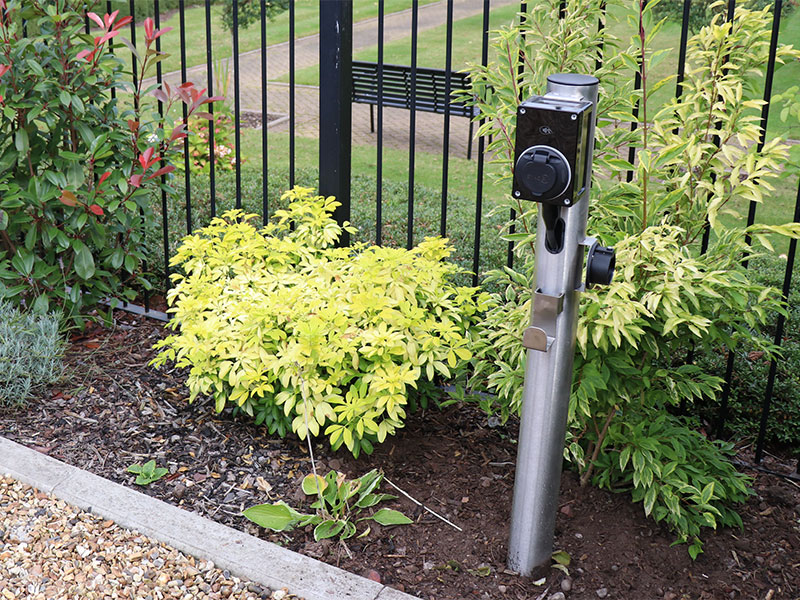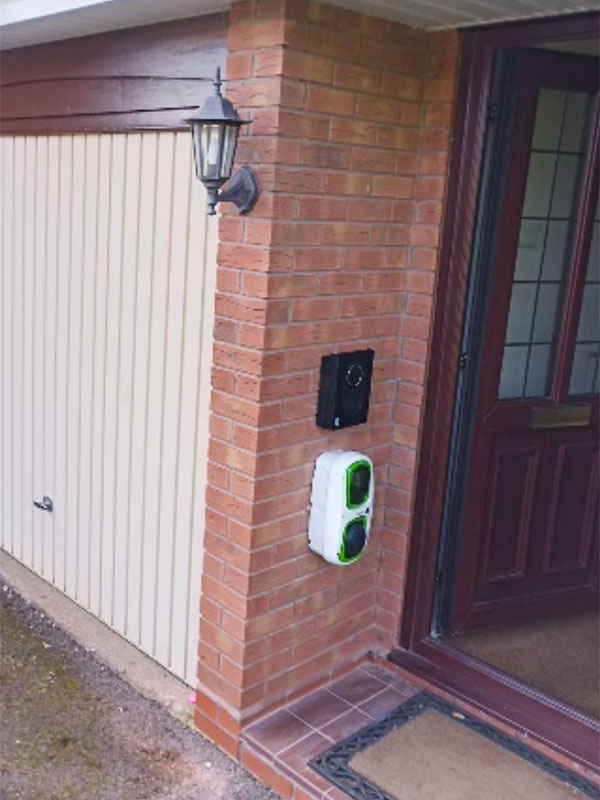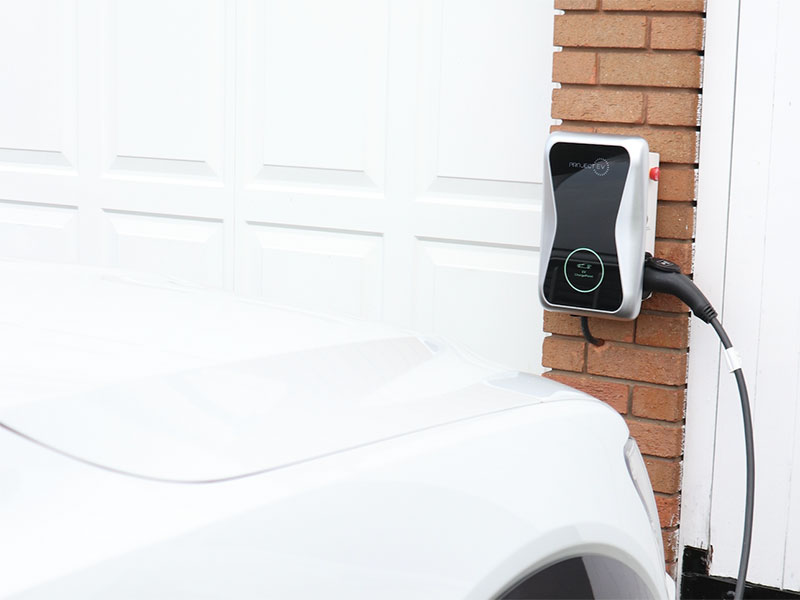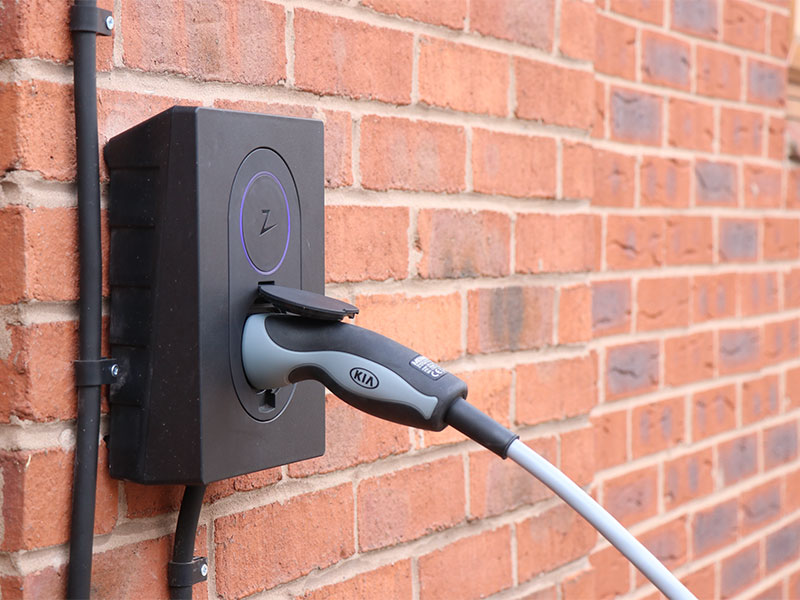Whether your Electric Vehicle is for work or personal use, having a charge point installed at home makes it easy to keep an EV charged for every journey.
EVC Solutions residential installations are a simple process, and we can help with choice of charge point and available grant applications.
We have created a list below of the most
Frequently Asked Questions about installing an electric vehicle charge point at home, and also a free guide to EV charging (10 Things You Must Know About EV Charging). If these do not answer your questions please do contact us via the details below.
